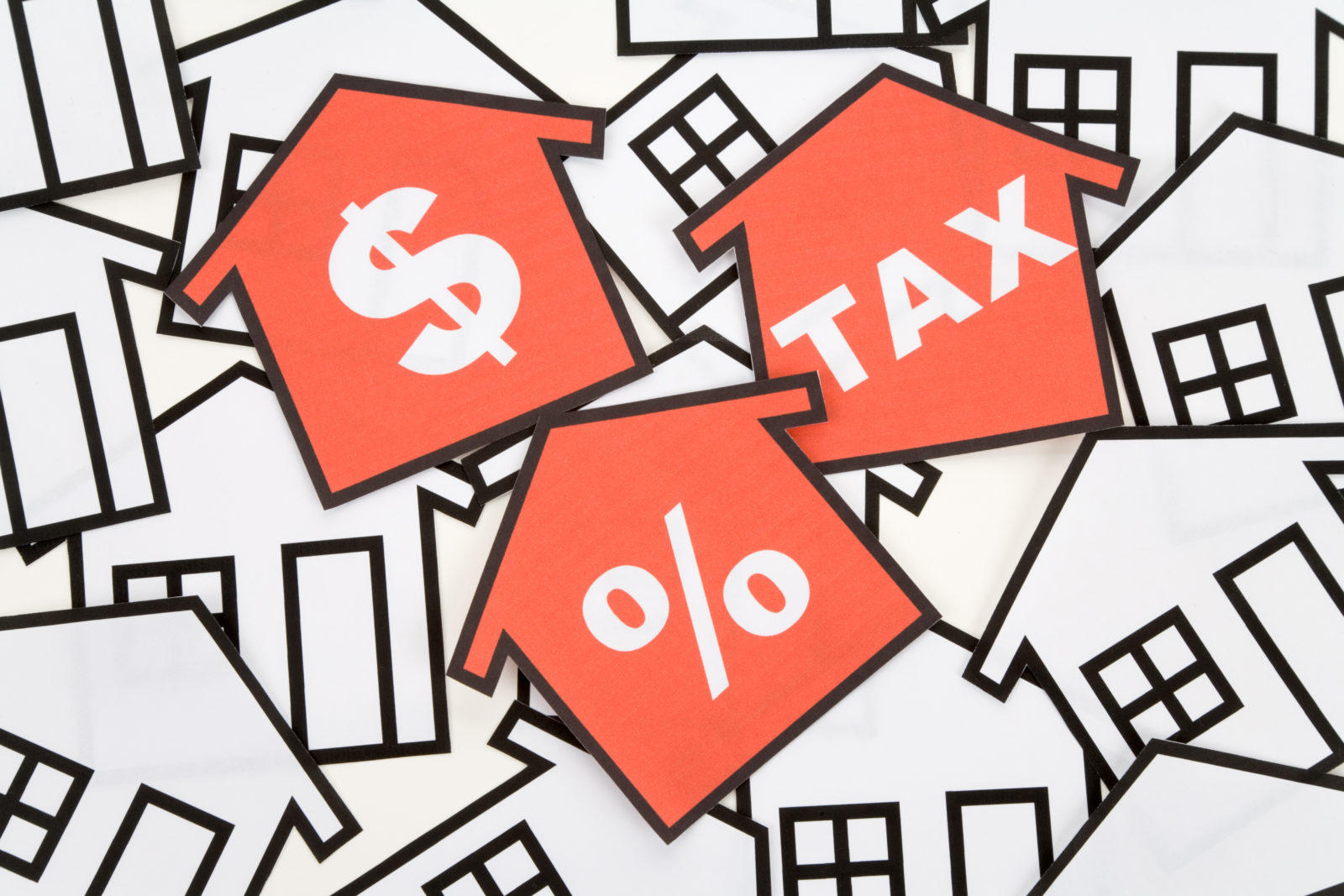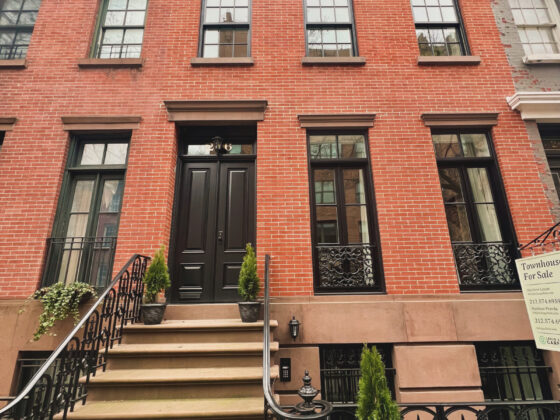Table of Contents Show
You’ve probably heard the term “flip tax” mentioned in conversations that involve buying and selling New York City real estate. Flip taxes cannot be deducted as property taxes, typically paid by the seller and sometimes the New York City co-op buyer. Anyone who’s ever bought or sold a co-op will be familiar with something called a flip tax. It is a co-op’s way of saying, “So you’re leaving, huh? Well, pay us some money, and we’ll let you go.” Flip taxes, sometimes known as transfer fees, allow a co-op to increase its financial resources without resorting to unpopular maintenance assessments.
Below are some of the most asked questions and all you need to know about flip taxes. If you’re new to the co-op market, the term might cause some confusion. Read on for the definitions and tips to arm yourself with the proper knowledge for buying your dream co-op apartment.
New York City Co-op Flip Tax ExplainedNew York City Co-op Flip Tax Explained
The co-op flip tax is a fee paid in addition to the purchase price of a co-op apartment following a sale. Either buyers or sellers can pay it – more on that in a moment – and it can be either a flat rate or percentage of the sale price or profit made. The amount varies by building and can be hard to pin down. Because of NYC’s average 6% real estate commission, closing costs for sellers are sky-high. Often more than 8% of the sales price. While you won’t be able to eliminate the Flip Tax, you have a chance to negotiate the 6% commission when selling.
How Long Have Flip Taxes Been Around?How Long Have Flip Taxes Been Around?
Flip taxes first came about in the ’70s and ’80s. There was a wave of co-op conversions throughout the city at the time. Many of these buildings were in poor condition and badly needed capital investment. After this, tenants could sell their units, turning a substantial profit, but the building was stuck with rehab debt. The flip tax was created as a way for the co-op to recoup the improvement costs, so the building had reserves to fund its ongoing operating expenses.
The flip tax helps the co-op to build up its cash reserves and strengthen the building’s financials. It also prevents people from buying apartments cheaply, then turning around and selling them for much more without putting anything into the residence’s value.
Who Pays The Tax?Who Pays The Tax?
More often, the seller pays the flip tax. The idea was that a flip tax to the seller would help keep the buyer’s purchase price down while maintaining a small percentage of the seller’s profits for the co-op or condo. However, in 2010 the sluggish housing market changed that. More common for sellers to pass on the tax to buyers instead.
The shift was that sellers began including the flip tax on the sales price. By lowering the sales price and paying the flip tax fee, the sellers could get more interest in the property. The higher sales price meant; fewer offers.
If you’re looking to buy a co-op, you should ask early whether the property requires a flip tax to be paid by the buyer. The co-op doesn’t care who pays it; they want to see it go into their reserves.
What’s The Point of Imposing A Flip Tax?What’s The Point of Imposing A Flip Tax?
As mentioned above, the profit goes directly to a co-op’s operating expenses. The point is to avoid assessments and maintenance increases for the shareholders. With thousands of dollars in reserve funds, if the building requires a capital improvement project, the flip taxes from past sales can often pay for the project entirely or at least a good part. In turn, the maintenance fees won’t need an increase, and assessments wouldn’t be unnecessary.
How Much Is A Typical Tax?How Much Is A Typical Tax?
Flip taxes come in many shapes and forms. Typically, the percentage of the flip tax depends on the building. A flip tax is often 1-3 percent of the sales price. (At 3 percent, a $1,000,000 apartment’s transfer fee would be $30,000.) But a flip tax can also be calculated based on the number of shares set aside for the apartment, a percentage of the sale’s sales price or net profit, and a percentage based on the time the seller has owned the apartment.
However, each building has its policy, and there is no way to generalize it. Usually, it comes in the following ways:
- Percentage of the gross sale price
- Set dollar amount per co-op share
- Percentage of sales profit
- Hybrid of any of the above
Co-ops, Condos, or Both?Co-ops, Condos, or Both?
When dealing with a co-op, it’s practically a guarantee that there will be a flip tax. With condos, it’s a little bit different. Instead, condos can be subject to transfer taxes, which is entirely different. For a flip tax to pass, most bylaws/proprietary leases require a 2/3 majority vote from the shareholders. Any absent vote is a no vote. Investors own many condos from out of town, thus making getting a 2/3 majority difficult.
Is There Anyway I Can Get Out of Paying The Flip Tax When Selling?Is There Anyway I Can Get Out of Paying The Flip Tax When Selling?
Unfortunately, no. You’ll have no choice but to ante up for this transfer fee when you sell your co-op. There is the possibility that you could purchase an apartment in a building with no flip tax. There’s also the possibility that you could buy in a building where the buyer pays the fee.
Are Flip Taxes Legal?Are Flip Taxes Legal?
A flip tax must be written into a co-op’s proprietary lease to be legal. If not verbalized in a sub-lease, two-thirds of the shareholders must approve the flip tax’s imposition.
Are Flip Taxes Tax Deductible?Are Flip Taxes Tax Deductible?
Usually, you can subtract the flip tax when calculating your taxable capital gains. However, you should still consult your attorney and tax professional for advice.








